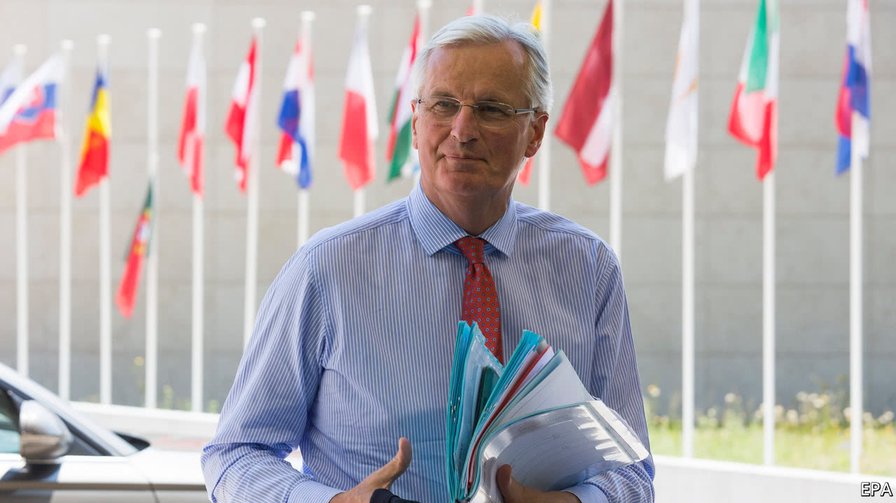Does it make sense to refer to EU officials as “unelected bureaucrats”? - The Economist explains

my notes ( ? )
No one disputes that the European Union has a “democratic deficit”: a lack of direct accountability to voters.... largely because making things simpler would require pooling politics in one European arena, and the politicians and citizens of different European countries do not want to do that... the system relies on “indirect elections via a demos that doesn’t exist”. There is no common European people to act as the subject of democratic politics, and different nations do not trust each other enough to create one...
Eurosceptics have a valid case against the EU, but not because its leaders are “unelected bureaucrats”. Rather, its bureaucrats are too insulated from democracy, and its democracy is not functioning well enough without a common demos to make it work.
Read the Full Post
The above notes were curated from the full post www.economist.com/the-economist-explains/2017/07/14/does-it-make-sense-to-refer-to-eu-officials-as-unelected-bureaucrats.Related reading
More Stuff I Like
More Stuff tagged democracy , explainer , eu
See also: Content Strategy , Communications Tactics , Media , Politics